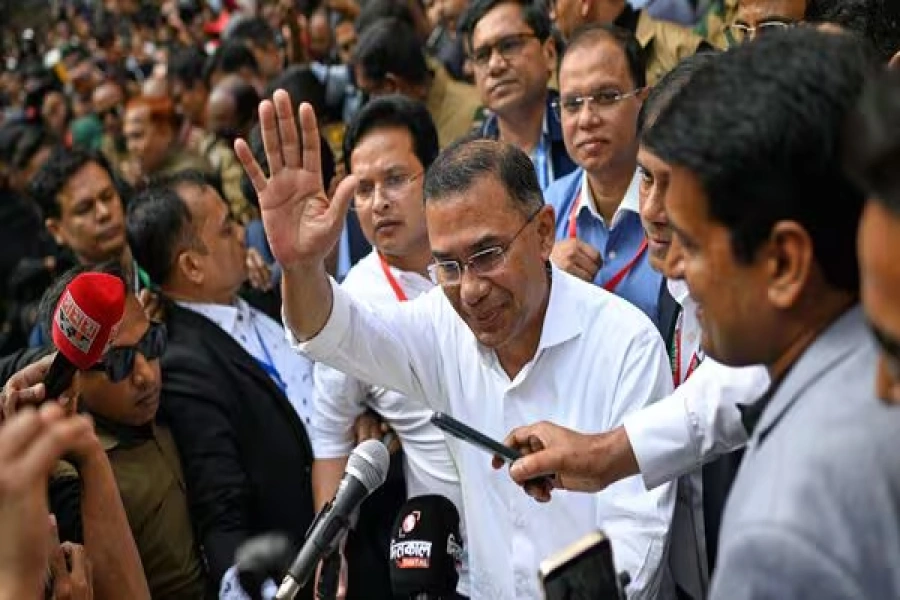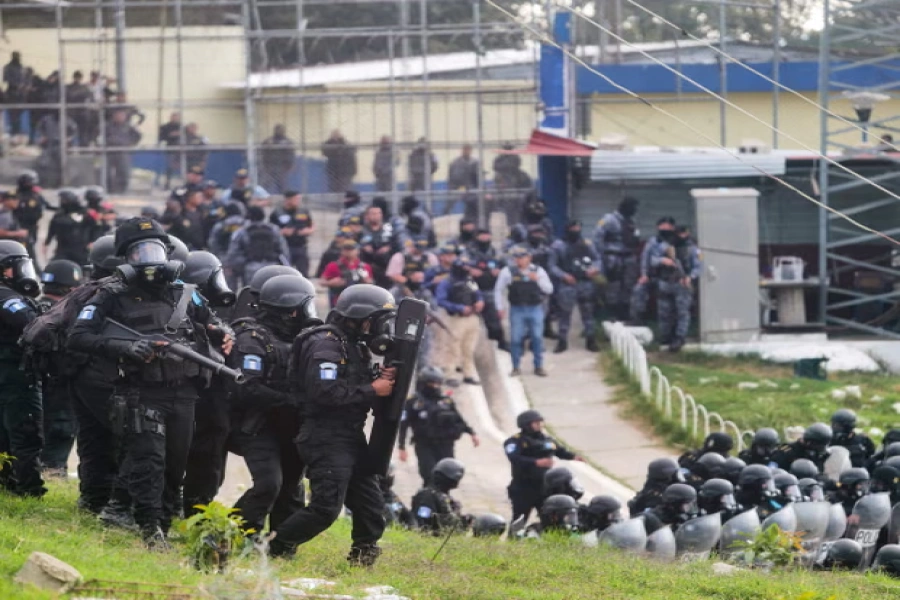PM Oli’s China visit
Prime Minister K P Oli is leaving for official visit to China today—his first trip to the northern neighbor after assuming office second time in February. A lot has been written in the press about the priorities he should set while negotiating with the Chinese government. Oli’s visit to China has been closely watched in Nepal and beyond the borders because of two main reasons. First, Oli is making a visit as a powerful head of the government who holds two-thirds majority support in the parliament and whose party—Nepal Communist Party— holds control over six of the seven provinces and in majority of 753 local governments. He will be the first prime minister to represent Nepal as a powerful leader after the 2006 political change. Second, he is the person who was instrumental in signing the historic trade and transit agreement with China in the wake of Indian economic blockade which cut supplies of fuel and essential goods to Nepal and subjected Nepalis to untold sufferings in 2015/16. It is therefore natural for general public to watch his China trip carefully.
Blessing in Disguise

Meanwhile, many details regarding Oli’s agenda for China trip have come out. He is reportedly going to sign over eight agreements with China to allow Nepal to use Tibetan highway from eight entry points—Hilsa, Rasuwagadhi, Riyu Tiptala Pass (Taplejung), Tinker (Darchula), Urahipass (Bajhang) and Pulana Hilsa. Ministry of Foreign Affairs has informed that the two sides will sign over eight agreements and claims the visit will be “historic and fruitful.” Kerung-Kathmandu cross-country railway service, formation of a high-level bilateral mechanism for the implementation of projects supported by China in Nepal and to facilitate and expedite the implementation of the past as well as future agreements, construction of two international-level friendship bridges in Rasuwagadhi and Tatopani, cross-country transmission, among others, are said to feature in bilateral talks. Let us hope all this will materialize.
Oli is making China visit at the most opportune time in the sense that India and China are no longer in the state of hostility. Chinese President Xi Jinping and Indian Prime Minister Narendra Modi have reset the ties and vowed to collaborate in a number of areas. Thus Oli does not have to worry much about how India will react to his overtures toward China. But here is something PM Oli must pay heed to, carefully. Like with India, our relation with China has been marked with a number of agreements on a number of projects. Agreements get signed but they are rarely followed up through action. His main focus should, therefore, be on materializing the deals he signed with China in 2016 and opening of border points with northern neighbors apart from bringing into operation Tatopani border point which remains closed since the 2015 earthquakes. Oli has somehow been able to reset ties with India. He has the rare opportunity to bring China into investing in our major infrastructure projects and get them completed on time-bound manner. The country expects Oli to come back with something concrete. Everything rests on how wisely he will be able to deal with China.





































